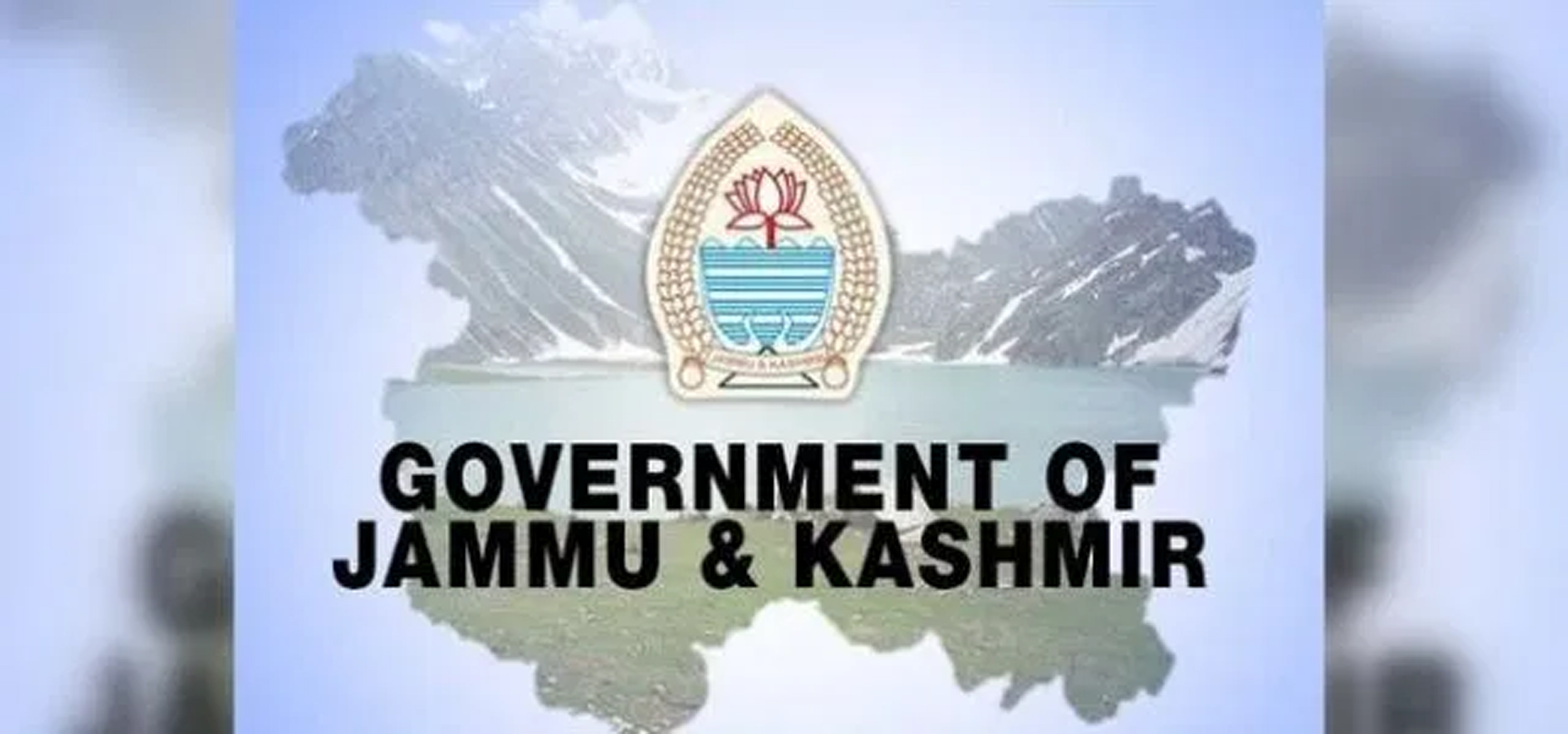‘Ensure functioning of DDCs strictly as per 73rd Amendment’
Mohinder Verma
JAMMU, Sept 7: In order to empower the grass root level democratic institutions, the Government of Union Territory of Jammu and Kashmir has placed all the 29 subjects under 11th Schedule of the Constitution of India within the purview of the Panchayats. Moreover, all the District Development Commissioners have been directed to ensure the functioning of the District Development Councils strictly in accordance with 73rd Amendment and relevant orders issued from time to time.
The 11th Schedule of Indian Constitution created by 73rd Constitution Amendment Act contains 29 subjects on which the Panchayats will have administrative control. These subjects cover all the important topics such as Panchayat’s powers, rural development, poverty alleviation, roads, drinking water, rural housing, public distribution system etc.
The 73th Amendment envisages the Gram Sabha as the foundation of the Panchayat Raj System to perform functions and powers entrusted to it by the Legislatures.
While issuing guidelines for implementation of District Capex Budget 2021-22, the Government had enjoined upon all the District Development Commissioners to ensure that the functions of District Development Councils shall be in accordance with 73rd Amendment and relevant orders issued by the Union Territory administration from time to time.
Now, in order to avoid any sort of confusion and ensure smooth functioning of the Panchayats, the Government has placed within the purview of the Panchayats all the 29 subjects mentioned in the 11th Schedule of the Constitution of India.
These subjects are agriculture including agricultural extension; land improvement, implementation of land reforms, land consolidation and soil conversation; minor irrigation, water management and watershed development; animal husbandry, dairying and poultry; fisheries; social forestry and farm forestry; minor forest produce; small scale industries including food processing industries; Khadi, village and cottage industries; rural housing; drinking water; fuel and fodder; roads, culverts, bridges, waterways and other means of communication; rural electrification including distribution of electricity; non conventional energy sources; poverty alleviation programme; education including primary and secondary schools; technical training and vocational education; adult and non-formal education; libraries; cultural activities; markets and fairs; health and sanitation including hospitals, primary health centres and dispensaries; family welfare; women and child development; social welfare including welfare of the handicapped and mentally retarded; welfare of the weaker sections and in particular of the Scheduled Castes and the Scheduled Tribes; public distribution system and maintenance of community assets.
Accordingly, all the District Development Commissioners have been asked to ensure the functioning of District Development Councils and Panchayats in accordance with 73rd Amendment, 11th Schedule of Constitution of India read with relevant orders issued by the UT Government from time to time.
It has also been reiterated that while implementing the District Capex Budget 2021-22, the District Development Commissioners will ensure that District Development Councils hold at least one meeting in a quarter and not less than four meetings in a year.
The District Development Commissioners have further been asked to ensure compliance with the General Financial Rules besides pre-requisites such as accord of Administrative Approval, Technical Sanction and e-tendering and compliance with Manual of Procurement for Goods and Services. Further thrust has been laid on review of mobilization of funds under all Centrally Sponsored Schemes which are part of District Development Plan.
“The District Development Commissioners should ensure necessary assistance to implementing agencies for timely identification/execution and completion of works and optimal use of resources to ensure tangible and measurable outcomes”, the Government said, adding “where any of the Panchayati Raj Institution is not able to formulate/finalize the work plan within time frame, the plan of the others may be submitted so that works for the same may be started”.
The instructions have also been issued for resource mobilization at district, block and Panchayat level and augmentation of own revenue resources by the Panchayati Raj Institutions in order to provide efficient services to the people.
Taking steps for social audit of schemes under implementation; review of asset utilization to ensure optimum use of assets created; necessary assistance to eligible youth of the district for self employment and balanced and equitable development of rural and urban areas are among the other directives of the Government to the District Development Commissioners.


